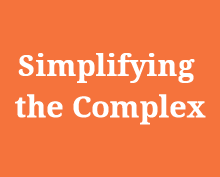
Most Americans think of Medicare as the health insurance program for retirees over the age of 65. While the overwhelming majority of persons enrolled in Medicare become entitled due to their age, persons with End-Stage Renal Disease (“ESRD”) have a special entitlement to the Medicare program, regardless of their age. In 1972 the United States Congress passed legislation authorizing the End-Stage Renal Disease Program under Medicare, recognizing the value of bringing access to life-saving dialysis care to a population whose very survival depends solely on transplantation or dialysis.
Congress’ intent was to provide a backstop of insurance coverage for persons without group health coverage, and not to be the first payer of healthcare services for these patients. Accordingly, a “coordination of benefits” (“COB”) period was established that required any group coverage already in place – such as employer group health benefits – to be the primary payer for the first 12 months after a patient also became covered under the Medicare program due to ESRD. Over the years, the 12 month period has been extended twice, and presently sits at 30 months.
Before any COB period even begins, a patient has to meet certain eligibility requirements to become entitled to Medicare due to ESRD, and they may also be subject to a “waiting period” of approximately 3 months before Medicare coverage can begin, depending on the type of dialysis treatment they undergo.
Our team of experts has worked with hundreds of health plans and their members to navigate the myriad rules and regulations to obtain enrollment in the Medicare program. Our program entails an administratively simple modification of the plan document establishing two new benefit instruments that in combination enable plans to reduce their dialysis costs by up to 85% of dialysis services. Our typical client’s dialysis cost savings is $1,200,000 per case annually.